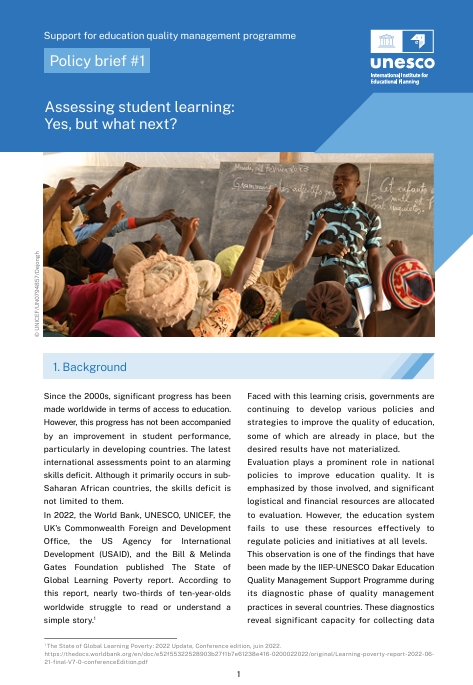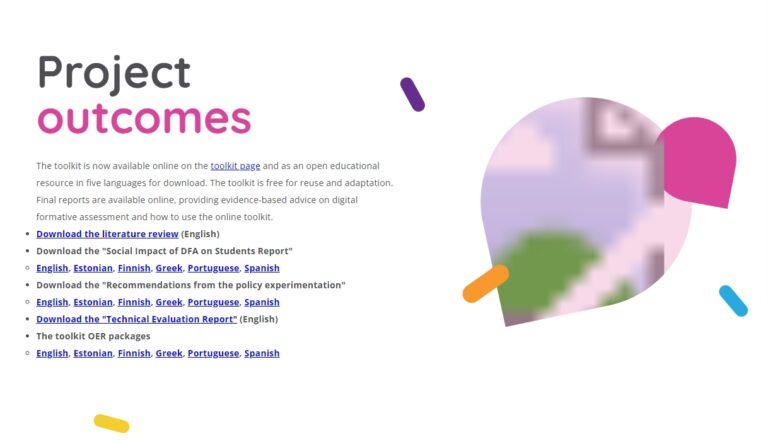Our country’s uniqueness as the only Christian and English-speaking archipelago in Southeast Asia impacts our education system more than we acknowledge.
Our country’s anglophonic culture and religious system are all results of colonialism, backed up by our rich history of being colonized by the Spanish regime for three centuries, followed by the US occupation for nearly five decades.
The US colonialism has always had a huge impact on the development of the education system in the Philippines. In fact, the American English has always been imposed in our schools and become second to the Filipino as our national language.
Our strong knowledge in the English language could be a global tool in personal economic growth, particularly if you’d consider the business process outsourcing industry in the global landscape. Despite this, Filipinos are still very dependent on attaining college degrees in terms of climbing the professional ladder, as a college diploma is still a very basic requirement or qualification in landing on financially fulfilling jobs. Luckily though, a lot of advancements have…
CONTINUE READING AT AUTHORS WEBSITE >>






